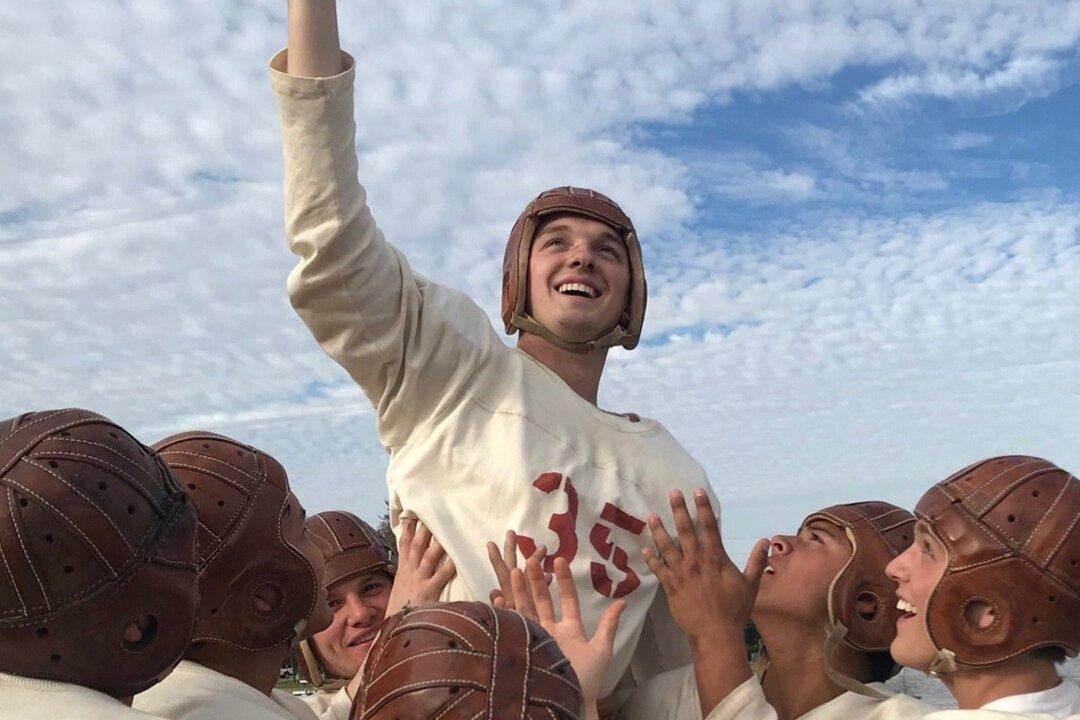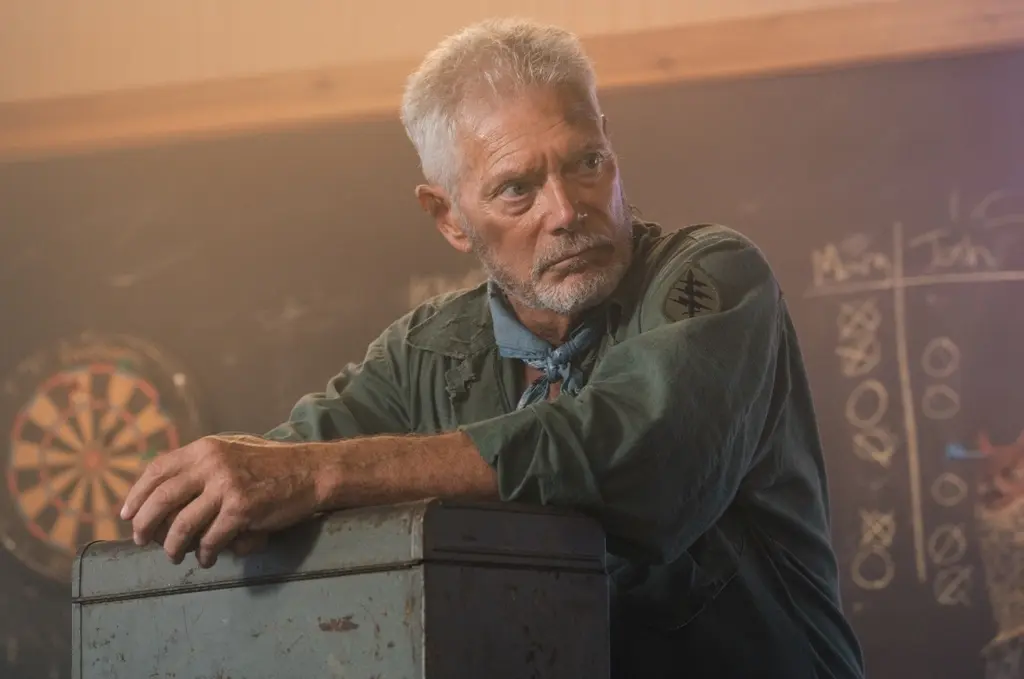In the space of 100 years or so, there have been over 200 feature and made-for-TV movies released that have a connection to American football. The majority of these films are, for the most part, forgettable. Some notable exceptions include “The Longest Yard” (1974), “Heaven Can Wait” (1978), “Rudy” (1993), “Remember the Titans” (2000), “Friday Night Lights” (2004), and “Undefeated” which won the Academy Award for Best Documentary feature in 2011.

A scene from “12 Mighty Orphans.” Sony Classics
|Updated:





